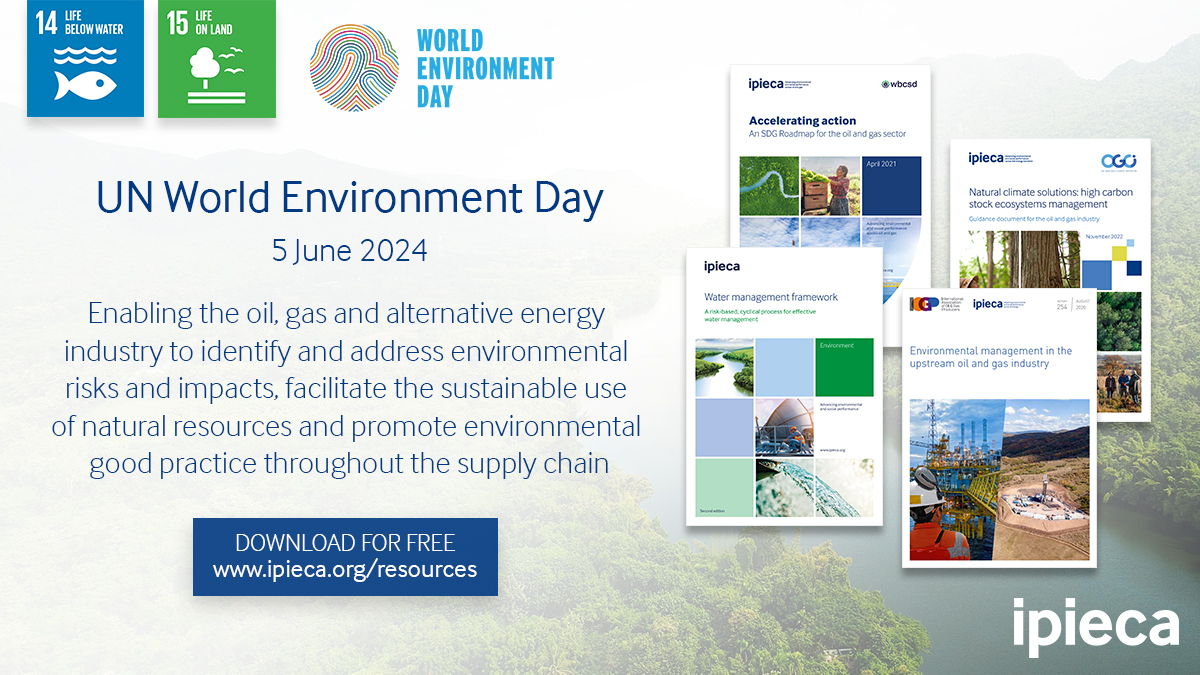The observance of World Environment Day serves as an annual reminder of humanity’s responsibility toward the stewardship of our planet. This year’s theme, as it aligns with Bahá’í teachings, encourages reflection on the urgent environmental crises we face, prompting the probing question: Are we willing to confront the real elephant in the room? In this discourse, we will explore how the Bahá’í principles illuminate our understanding of environmental issues and inspire collective action in addressing the complex challenges of ecological degradation.
To comprehend the significant contribution of Bahá’í teachings to contemporary environmental concerns, one must first recognize the intrinsic connection between spiritual and material worlds. The Bahá’í Faith posits a holistic worldview; it emphasizes that the advancement of civilization is inextricably linked to the well-being of the natural environment. This interconnectedness nurtures a profound understanding of humanity’s relationship with nature, enabling individuals and communities to recognize their sacred duty as guardians of the earth.
Critical to this perspective is the concept of unity. Bahá’í teachings assert that humanity is a single species, sharing a common origin and destiny. This notion compels believers to transcend individualistic pursuits in favor of collective actions aimed at the common good. In environmental terms, this underlines the necessity for global cooperation to tackle pressing ecological challenges. As nations commemorate World Environment Day, the imperative for collaboration becomes ever more apparent: climate change, deforestation, and pollution do not respect national boundaries; thus, solutions require a unified global response.
Another salient Bahá’í principle is moderation. In an age where consumerism reigns supreme, the call for moderation is both urgent and relevant. The doctrine discourages excessive consumption and advocates for sustainable practices that honor the earth’s resources. This aligns seamlessly with the objectives of World Environment Day, urging individuals to reevaluate their consumption patterns. By embracing simplicity, people can significantly mitigate their environmental footprints, demonstrating a practical application of Bahá’í teachings in daily life.
Furthermore, the Bahá’í emphasis on justice is paramount. Environmental degradation disproportionately affects marginalized communities, who often bear the brunt of ecological injustices. The teachings mandate a commitment to social equity, advocating for policies that ensure the protection of vulnerable populations from environmental harm. World Environment Day serves as a platform to raise awareness about these injustices, reinforcing the Bahá’í conviction that the pursuit of justice is essential for sustainable development and the health of the planet.
We cannot neglect the role of education in fostering a deeper understanding of environmental issues. The Bahá’í Faith places immense value on knowledge acquisition and education as tools for social transformation. Educational initiatives can empower individuals with the awareness necessary to engage in environmental stewardship. This reflects the broader aims of World Environment Day, where the dissemination of information regarding ecological challenges aims to cultivate an informed and proactive citizenry, capable of confronting the most pressing environmental concerns of our time.
The intersection of science and spirituality is another crucial aspect of Bahá’í teachings that directly pertains to environmental issues. The Faith upholds the importance of scientific inquiry, recognizing it as a means to unveil the mysteries of nature. In addressing ecological crises, a synergistic relationship between scientific understanding and spiritual insight is essential. This integration not only enriches our comprehension of environmental dynamics but also fosters innovative solutions that are both ethical and effective. Observing World Environment Day enables a concerted effort to bridge these domains, marrying empirical evidence with ethical imperatives.
As we reflect upon the myriad of environmental challenges before us, we must confront the existential questions that await answers. What legacy do we intend to leave for future generations? The Bahá’í principles advocate for an examination of our actions through the lens of posterity, urging us to consider the long-term implications of our decisions. This forward-thinking approach is not merely an intellectual exercise; it calls for immediate and tangible efforts towards sustainability and conservation, in alignment with the spirit of the observance of World Environment Day.
The necessary transformation towards an environmentally mindful society demands a paradigm shift in how we perceive our relationship with the earth. Acknowledging the urgency of environmental degradation, Bahá’í teachings urge humanity to cultivate virtues such as compassion, responsibility, and stewardship. By fostering an ethic of care for the planet, individuals and communities can work collectively to preserve ecological balance. This echoes the sentiments celebrated on World Environment Day, where the collective power of human action is highlighted as a force for positive change.
Ending on a hopeful note, the Bahá’í perspective invites us to envision a future replete with harmony and respect for the natural world. The collective recognition of our shared responsibilities as custodians of the earth urges us onward. World Environment Day serves as a poignant reminder not only to acknowledge the realities of environmental decay but also to mobilize for action. It urges us to confront the metaphorical elephant in the room—the unyielding necessity for change—inspired by the principles espoused by the Bahá’í Faith. In doing so, we can transcend the limitations of our current paradigms and embrace a future grounded in sustainability, equity, and justice.
